
The microbiota-based therapy MaaT013 showed promising efficacy and manageable safety in those with acute GVHD with gastrointestinal involvement.

The microbiota-based therapy MaaT013 showed promising efficacy and manageable safety in those with acute GVHD with gastrointestinal involvement.
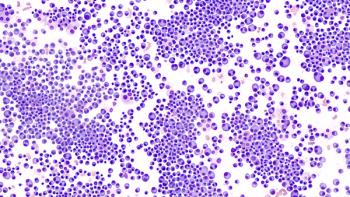
Subcutaneous daratumumab plus teclistamab improved survival outcomes in patients with R/R multiple myeloma vs standard daratumumab-based regimens.
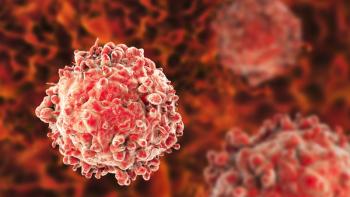
Phase 2 data demonstrated similar pharmacokinetic profiles between subcutaneous azacitidine and an oral combination of azacitidine and cedazuridine.
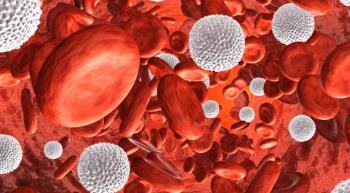
Patients with relapsed/refractory large B-cell lymphoma treated with glofitamab or epcoritamab experienced early disease progression.

Six-month complete response with frontline axicabtagene ciloleucel predicts long-term survival in patients with high-risk large B-cell lymphoma.
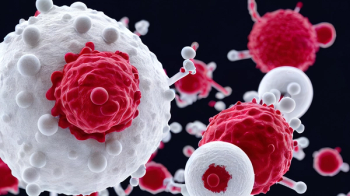
Dexamethasone reduced the severity of ICANS but did not impact the rates of ICANS or CRS in patients with LBCL receiving axi-cel.

Phase 3 trial results demonstrated a significant benefit with the BTK inhibitor pirtobrutinib vs bendamustine plus rituximab in patients with untreated CLL/SLL.
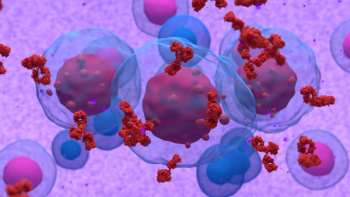
Subcutaneous bispecific antibody cevostamab demonstrated early efficacy and safety in patients with relapsed or refractory multiple myeloma.
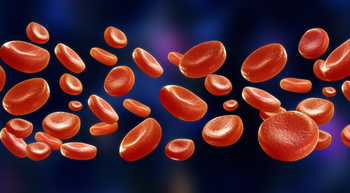
Pirtobrutinib demonstrated noninferior response rates to ibrutinib and showed a trend toward survival benefit in patients with CLL/SLL.
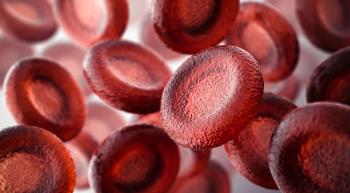
Patients with AML receiving azacitidine and venetoclax had significantly higher quality of life than those receiving intensive induction chemotherapy.
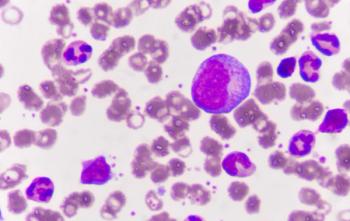
Blinatumomab/ponatinib increased efficacy, and response rates were improved in patients with Philadelphia-positive acute lymphoblastic leukemia.
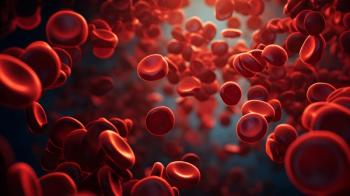
The addition of epcoritamab to R2 significantly reduced the risk of death or disease progression in patients with relapsed/refractory follicular lymphoma.
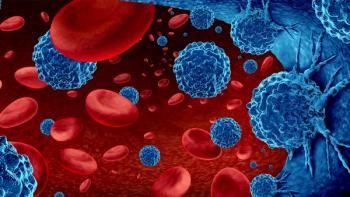
Older patients with newly diagnosed diffuse large B-cell lymphoma receiving epcoritamab plus R-mini-CHOP achieved deep responses with manageable safety.

Shifting to a higher and less frequent dose of axatilimab was tolerable and feasible in patients with chronic GVHD.

KRd demonstrated higher PFS, deeper response, and greater MRD negativity compared with VRd in newly diagnosed multiple myeloma.
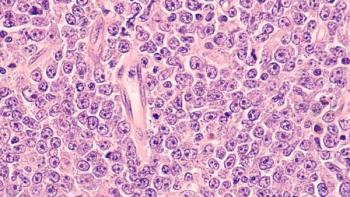
The combination of odronextamab with CHOP chemotherapy showed early efficacy in patients with untreated diffuse large B-cell lymphoma.

Nearly one-third of families of children with acute lymphoblastic leukemia developed “catastrophic” financial toxicity during the patient’s treatment.

Higher LDH levels were linked with poorer survival outcomes in patients with relapsed and refractory multiple myeloma who received elranatamab.
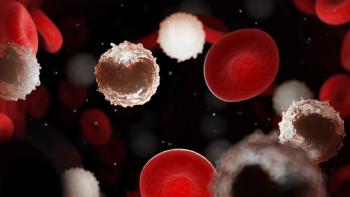
The primary end point of EFS was met in patients given conditioning without TBI, along with allogeneic HCT in a subset of patients with B-ALL.

Fixed-duration venetoclax combined with obinutuzumab or ibrutinib produced noninferior PFS compared with continuous ibrutinib monotherapy.
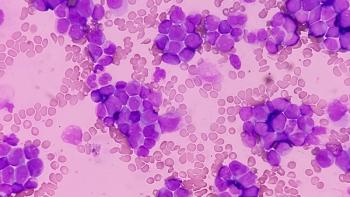
Race was identified as an independent prognostic factor in patients with AML receiving intensive chemotherapy.
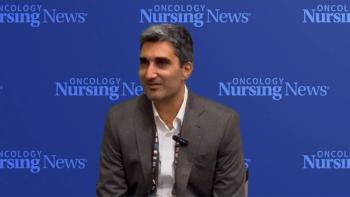
Ghayas C. Issa, MD, MS, discusses key adverse events of menin inhibitors in NPM1-mutated and KMT2Ar AML.

The haplotype is more common in patients achieving a complete hematologic response, indicating its potential as a treatment response biomarker.
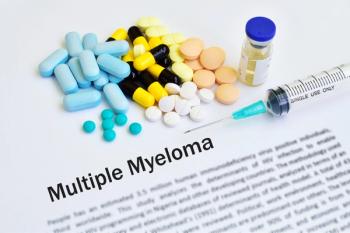
Patients treated with ide-cel, Abecma for relapsed/refractory multiple myeloma affecting the central nervous system had similar outcomes to matched patients with non-CNS multiple myeloma.
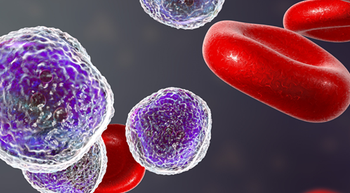
The combination of revumenib plus decitabine/cedazuridine showed high rates of remission among patients with relapsed/refractory AML with KMT2Ar, NPM1mt, and NUP98r genetic alterations.

New data from the ZUMA-2 trial of brexu-cel showed an ORR of 91% in patients with relapsed/refractory MCL who were naive to BTK inhibitors.

Sattva S. Neelapu, MD, notes that axi-cel is a highly effective therapeutic approach for patients with relapsed/refractory indolent non-Hodgkin lymphoma.

Treatment sequencing with targeted therapies may help to improve overall survival, according to real-world data.
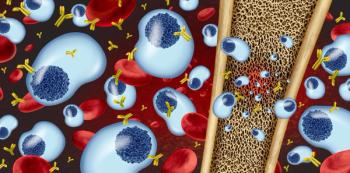
Initial therapy with isatuximab plus VRd followed by its addition to Rd maintenance therapy led to significantly improved MRD negativity and PFS in transplant-ineligible multiple myeloma.

Treatment with zanubrutinib, compared with bendamustine plus rituximab, reduced the risk for disease progression or death by 71% in patients with CLL/SLL, according to 5-year follow-up.